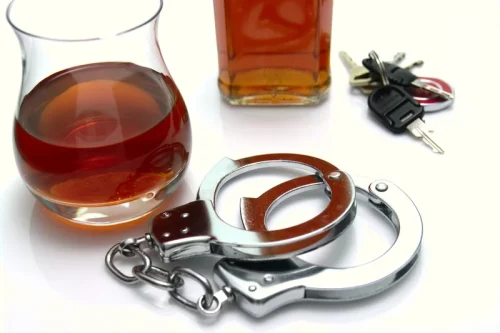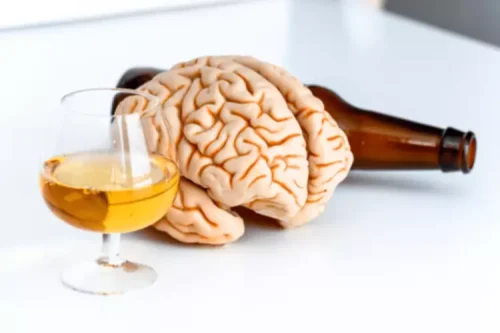
At first, you might not have any symptoms of kidney damage from regular alcohol consumption. As the kidneys become overworked from heavy alcohol consumption, they will be less able to filter blood and maintain the correct water balance in the body. Having an occasional glass of alcohol may not cause any harmful effects if your kidney functions regularly.
May Improve Heart Health

Heavy drinking on a regular basis has been found to double the risk for kidney disease. Drinking heavily can increase the risk of high blood pressure and Type 2 diabetes, for example. Both of those conditions are the most common causes of chronic kidney disease in the United States. Drinking heavily regularly can double your risk of developing chronic kidney disease. When you combine drinking with smoking tobacco, then the risk increases even more dramatically.
Kidney injury secondary to alcohol hepatitis, cirrhosis, and other conditions
Together, that evidence is highly persuasive that alcohol increases the chances of breast cancer. It varies from person to person based on the amounts and frequency of alcohol consumed, genetics, overall health, and lifestyle. For some people, heavy alcohol use can cause kidney damage after years of consumption, while it may how does alcohol affect the kidneys happen sooner for others. Moreover, even if alcohol may help prevent kidney cancer, it can increase the risk of developing other cancers. In particular, studies have shown that alcohol can contribute to liver, breast, and colorectal cancers (28). Long-term alcohol use can have significant and lasting effects on the kidneys.

Why is there blood in urine after drinking alcohol?
A person may feel intense back pain or pain in their genitals or stomach as the body attempts to pass the stone. If the body does not pass the stone, a person https://ecosoberhouse.com/ can develop a severe infection or blockage. The timing of the pain could be a coincidence, or the alcohol could have intensified an existing problem.
The disease can also affect blood flow to the kidneys and cause them to be less effective in filtering blood. Despite the multiple possible causes of acidosis, disturbances in acid-base balance are more frequently manifested as low acidity (i.e., alkalosis). Alkalosis was present in 71 percent of patients with established liver disease in 11 studies, and respiratory alkalosis was the most common disturbance in 7 of the studies (Oster and Perez 1996).
- Point and bars represent beta coefficients and 95% confidence intervals, respectively.
- In older people, ADH levels sharply increase following alcohol intake, perhaps in part because sensitivity to increased electrolyte concentration is enhanced with age.
- You would be very surprised to learn how many non-sweet foods contain high amounts of sugar.
- More research is needed to confirm how cod liver supplements compare to other omega-3 sources in reducing inflammation.
Uric acid regulation
Acute kidney damage caused by binge drinking will typically resolve within a few days. The damage can usually be reversed if you stop drinking and allow your kidneys to recover, but it can sometimes cause irreversible damage to the kidneys. If you have UPJ obstruction, you may have kidney pain after drinking alcohol. This condition impedes the proper functioning of the kidneys and bladder. Although hepatorenal syndrome often ensues after an event that reduces blood volume (e.g., gastrointestinal bleeding), it also can occur without any apparent precipitating factor.

In this study, male rats given 20-percent alcohol in their drinking water for 4 weeks experienced decreased urinary volume and sodium excretion as well as increased blood concentrations of hormones that raise blood pressure by constricting blood vessels. Other studies found that alcohol combined with energy drinks, caffeine, or soft drinks can disturb the physiological redox reaction and cause lipoperoxidation in the liver and nephrotoxicity [30,118]. Furthermore, drinkers often like to eat more pickled food and eat less vegetables and fruits, which increases the consumption of salt and cholesterol [119].
- Too often, some of these regular drinkers have more than five drinks at one time.
- Certain foods, such as beets, blackberries, and fava beans, may cause your urine to turn red.
- Keep track of your drinks using an app or a diary so you can monitor your progress.
- Check with your healthcare team before starting any exercise and ask which exercises are best for you.
Similarly, clinicians long have noted significant kidney enlargement (i.e., nephromegaly) in direct proportion to liver enlargement among chronic alcoholic2 patients afflicted with liver cirrhosis. Laube and colleagues (1967) suggested that both cellular enlargement and cell proliferation contribute to such nephromegaly. In alcoholic patients with cirrhosis, these investigators reported a 33-percent increase in kidney weight, whereas they observed no appreciable kidney enlargement in alcoholic patients without cirrhosis compared with control subjects (Laube et al. 1967).
- Although the kidneys have a regenerative capacity, there are limits to their recovery.
- Please follow individual advice that is set for you by your renal team and dietician, and if you aren’t sure if you should be following any specific diet, please speak with your medical team.
- We have been researching the health effects of alcohol for a combined 60 years.
- The difficulties in successfully managing dilutional hyponatremia have resulted in the recent emergence of a promising class of new drugs to treat this abnormality.
- The NKF also notes that excessive drinking can cause acute kidney injury (AKI) — a sudden decrease in kidney function that usually resolves with time but may be lasting in some cases.

Moreover, many patients were excluded from the long-term observational studies because they did not attend routine annual health checkups. Although the researchers do not analyze the reasons why people are lost to follow-up, we cannot ignore the possibility that some patients were diagnosed with CKD and had begun regular medical treatment in another medical center. We also realize that previous studies did not include an adequate number of heavy drinkers, especially female heavy drinkers. Therefore, the relationship between heavy alcohol consumption and CKD may be affected by this sampling bias [16,79,117]. Nearly half of the people with reduced kidney function spend more than six hours a day sitting. This long period of inactivity not only worsens existing health problems but also significantly increases the risk of future health issues, especially heart disease.
